|
An expert witness can assist an attorney before a deposition or trial. An expert can help an attorney understand the issues and if standard industry practices were followed. The expert has specialized knowledge, experience, training, and skill that qualifies them to form opinions for a case to assist with the litigation and preparation for trial. However, the court must find the expert’s qualification sufficient and the opinions relevant to the case to allow them in the court. It is essential to understand that an expert witness can only offer opinion testimony, which distinguishes them from fact witnesses. So, the opinions given by the expert will be considered opinion evidence rather than factual evidence. Here are some common mistakes expert witnesses are often guilty of making which can render their opinion not as helpful to the case as it could have been: Relying Completely on The Information Given by The Lawyer An expert witness should ask for a written agreement that defines the scope of the case as well as the purpose of engagement for the expert. Even with a written agreement in place, the expert should avoid accepting the lawyer’s words blindly regarding the critical aspects of the project and research everything thoroughly before agreeing to testify. This will ensure that there is no bias coloring the testimony of the witness, and the attorney doesn’t mold or restrict the expert’s work to present a favorable opinion. Forgetting That They Are an Advocate Only for Their Opinions and Not for The Case Itself Expert witnesses, much like fact witnesses, should make sure the testimony and opinion therein are true, to the point, and sincere. The witness must be objective and should only let their training, education, and experience guide their opinions. They should focus on the research and facts to form their opinions, even if they are not exactly what the client or lawyer wants. It is the lawyer’s job to advocate the case and take sides. If the expert tries to fit the opinions with the objective or goals of the lawyer’s case, they risk losing their credibility. Trying to Sound Like the Ultimate Expert on Everything Less is always more, and that is also true when forming an opinion as an expert witness. An expert should always be careful about the information they are sharing, what they put in writing, and especially coloring facts with personal bias. They should also be aware of the danger of trying to sound like the ultimate expert. Even experienced lawyers and people who have been offering services as experts avoid acting superior and talking down to others. Keeping an open mind and being sincere is essential. It is also essential to consider the advice and guidance of older and wiser attorneys and experts in the field. Remember, you don’t know everything, nor do you have the same experience as others, so make sure you have argued all sides before making up your mind about a particular aspect of the case. Find Banking Expert Services for Your Case in New York Jason Koontz, CRC, is a former Senior Vice President and has over 20 years of experience in the banking sector. He is an independent expert and offers his expert witness consulting services to lawyers in New York. He has served as an expert and litigation support specialist on over 150 cases on a broad range of banking and real estate matters, including lender liability, commercial loans, debt collection, predatory lending, and more.
Contact him today by calling at (646) 397 – 3835 or connect with him via email at [email protected] Disclaimer: This blog is for informational and educational purposes only, does not constitute professional advice. I’m not liable or responsible for any damages resulting from or related to your use of this information.
8 Comments
The Difference Between Preparing and Coaching Your Banking Expert Witness—and Why It’s Important7/13/2020 Expert witnesses bring a sense of objectivity to court proceedings that bears much influence on the outcome of the case. Therefore, lawyers should pay special attention to their expert witnesses and help them prepare for trial, so the judge and jury will understand and rely upon the expert’s testimony. However, there’s a difference between expert witness preparation and coaching, and it’s critical to understand the difference between both methods to avoid crossing that line. Here are a few thoughts for consideration: Understanding the difference between preparing and coaching your banking expert witnessBanking Expert Witness Preparation Working with your banking expert witness is entirely acceptable from an ethical and legal standpoint. It can prove to be very important to the success of your case. It can range from briefing your expert on the trial venue and the participants to sharing with them the facts most important to your matter. An attorney should lay out the particulars of the case and discuss what specific areas the expert should be prepared to provide opinions. Moreover, lawyers can discuss ways to boost the credibility of their banking expert witness as a part of the preparation process, without raising any concerns. Make sure that your expert studies the facts of your particular matter. It is crucial that the expert has a firm understanding and has reviewed the documents produced. An expert that freely offers opinions on an issue without a firm grasp of the case specifics can lose credibility quickly or, even worse, be excluded from the case. Witness preparation is a time that can be used to make your expert carefully consider their testimony and make any necessary changes, which will create a better connection with a judge and jury. An expert needs to strike that critical balance between educating the jurors without sounding condescending and establish a connection to them that will strengthen their credibility. Jurors are people too, and the expert should be reminded that after sitting in a courtroom for an extended time, a juror can have a short attention span. As a result, the expert should try to deliver the most important themes early on in their testimony before a juror is distracted, or their mind drifts off to something else. Be sure to encourage the expert to review the critical parts of the material related to their testimony and practice possible answers. The better they know the case and the relevant facts, the more confident they will be when they are on the witness stand. Last, remind your expert to be direct and answer the question to the best of their ability. Experts are not expected to know everything. Remind them that its ok to say, “I don’t know,” if that is true. Jurors are people too and prefer an honest witness to one who is trying to be witty or evasive with their answers. Banking Expert Witness Coaching Coaching your banking expert witness is an unethical approach that could include asking them to obfuscate the truth. Instructing the witness to be misleading could lead to severe legal consequences and weaken a case. If it is discovered that a lawyer has coached a witness to mislead the court—they could be charged with suborning perjury while the witness could be charged with perjury. An honest and ethical expert witness will never omit essential facts or critical information to support a specific case theory. Why is it important to learn the difference? It’s critical to prove to the court that your expert banking witness is invited to provide an objective opinion, which isn’t biased in your client’s favor. Therefore, lawyers should tread carefully and make sure they don’t coach their witnesses to answer questions of opposing counsel in specific ways to twist the facts. The testimony of your bank expert witness largely depends on their credibility, and any attempt to influence their opinion can significantly damage your case. Hire an experienced and objective banking expert witness It’s essential to hire an experienced and objective banking expert witness to ensure their testimony holds high value in front of the judge and jurors. Ideally, you should find an expert with a background in the banking sector, with extensive knowledge of the financial industry, and prior experience in providing expert witness services. An experienced expert witness is deemed more credible and doesn’t require extensive preparation, which minimizes the risk of coaching. Further, you can also review their previous engagements to see how they handled prior depositions and trial testimony. Was the expert able to communicate their knowledge of the subject effectively without sounding like a professor who wants to impress everyone? Were they able to answer the questions and communicate without lengthy answers and technical jargon that confused the audience? Conclusion Preparing an expert witness is an essential component of trial preparation. The tips in this article will help your expert testify in a way that connects with a jury, and serve as a critical asset at deposition or trial.
Jason D. Koontz is a former banking Senior Vice President with over 20 years of lending, cash management, and bank operations experience. He has vast hands-on experience in bank lending practices, deposit accounts, and matters involving residential real estate. Mr. Koontz has extensive, coast-to-coast, experience as an expert witness (retained in over 150 matters). He has served as an expert witness in cases involving commercial loans, residential mortgages, predatory lending, debt collection, underwriting, consumer protection, fraud, truth in lending, lender liability, loan servicing, deposit accounts, residential property valuation, and USPAP compliance. He has been engaged in multiple matters where predatory and abusive loan practices were alleged. Mr. Koontz has extensive testifying experience at deposition and trial. He can be reached at (646) 397 – 3835 or by email at [email protected]. ALSO READ: UNDERSTANDING THE RISKS FACED BY YOUR START-UP BUSINESS Disclaimer: This blog is for informational and educational purposes only and does not constitute professional advice. Jason Koontz is not liable or responsible for any damages resulting from or related to your use of this information. An expert witness provides an impartial testimony to the court. It can help the judge and jurors understand complex and nuanced information more effectively—their expertise and testimony also lend strength to a case. Including an expert witness on your legal team to educate all of the parties involved can shed light on the various aspects of the matter. Choosing the right expert can go a long way in terms of assisting you in obtaining a favorable outcome for your client. Here are five essential qualities that a banking expert witness must possess to maximize the chances of success: ExperienceExperience should be at the top of the list when you begin the search for a banking expert witness to ensure you found a strong choice for a testifying role. They must have unquestionable credentials and in-depth knowledge of the financial and regulatory issues related to your matter. It will allow them to successfully navigate the intricacies involved in the case. An ideal banking expert witness will have a background in the banking industry and a history of serving as an expert in many cases. Confidence Confidence is another essential trait that a banking expert must possess to come across as credible and trustworthy in front of a judge or jury. You should not give a court any reason to doubt your expert witness. You need a professional who can hold their ground and remain steady when cross-examined by opposing counsel. A confident expert witness will be able to articulate their opinion concisely and present themselves as credible and reliable to those listening to their testimony. Effective Communication A banking expert witness should have excellent communication skills and familiarity with industry jargon to deliver their point effectively. More importantly, they must be able to speak without hesitation or reading pre-written notes or records--it adds more weight to their position. A professional with relevant work experience will be able to understand the technical language and formulate their argument more cohesively. Further, it means more to those listening when an expert can say that they have dealt with very similar situations and have first-hand knowledge and experience in this type of matter. An inexperienced witness or one that melts under pressure can cause harm by confusing a judge or jury in a way that can lessen the chances of a positive outcome for your client. The ability to find an expert with expertise, relatability, and one who can communicate effectively is important. Attention to Detail In complex banking transactions, the smallest details matter. Whether it’s a complex mortgage loan underwriting matter in New York or providing an opinion on a predatory mortgage loan in Chicago, experts must exercise close attention to detail. Often, attention to detail can influence the outcome of the case and prove to be the difference between a successful or failed outcome. Therefore, you must look for someone with years of experience in your matter, whether it be commercial lending, mortgage lending, lender liability, bank operations, or cash management. If you are dealing with a real estate related matter, if they understand the real estate industry, that is even better. Reputation and trustworthiness Last but certainly not least, you must ensure that your banking expert witness has unquestionable ethics and a solid reputation.
They should be able to provide objective opinions and refrain from making any favorable comments that may undermine the credibility of their statement. An expert witness is there to educate the parties involved and not as an advocate for their client. They should uphold high moral standards and display integrity. Moreover, they must be well-groomed and professionally dressed for the court and must be able to speak with confidence. If you’re looking for expert witness consulting services in New York, get in touch with Jason Koontz. With 20+ years of experience in the banking and financial sector, Jason brings both knowledge and a strong sense of duty to the court as a consultant and banking expert witness. To find out more details, call (646) 397 – 3835 or send an email at [email protected]. ALSO READ: UNDERSTANDING THE RISKS FACED BY YOUR START-UP BUSINESS Disclaimer: This blog is for informational and educational purposes only, does not constitute professional advice. I’m not liable or responsible for any damages resulting from or related to your use of this information. The Potential Impact of Expert’s Credentials on Your Case—and When Is an Expert Witness Required?7/13/2020 Expert witnesses are an essential and frequently essential component of many civil litigations. The credentials of an expert witness can influence the verdict of your case. The education, professional experience, and credibility of an expert serve as a basis for acceptance of their testimony. In this blog, we will discuss the potential impact of an expert’s credentials on a case and learn when is an expert witness required. Expert’s Credentials—a brief outlookEducation background The educational background of an expert witness can play a significant role in establishing their credibility in the court. For example, the judgment of a professional with a degree in the area of the matter will weigh more due to proven educational record. Professional experience An expert witness with relevant experience and professional background in a similar industry can significantly improve their standing. For instance, the testimony of an expert witness with years of experience in the banking industry will hold high value in litigation involving a predatory lending or lender liability matter. Continued professional development Expert witnesses with a track record of continuous professional development are deemed more credible, which can help strengthen your case. It may include obtaining certifications and attending conferences and seminars as it shows they remain updated in their field of expertise. Career Progression The career progression speaks about the knowledge and expertise of an expert witness. A professional who climbed up the ladder in their professional life is likely to have developed broad areas of expertise, which adds more substance in their opinion. Prior testifying experience The prior testifying experience of an expert witness can also provide them an edge. A jury might consider the credibility of an opinion based on their previous history as an expert witness. An expert with a background of providing several testimonies may be regarded as more reliable. When Is an Expert Witness Required?Expert witnesses are required to provide testimony regarding matters requiring technical or specialized knowledge that is beyond the expertise of a layman.
Expert witnesses rely on the appropriate evidence and use specific methods to arrive at an opinion, which may include researching, testing, and other evaluation methods. The conclusion that expert witnesses reach as a result of their assessment help judges and juror to understand the case better and reach a verdict. Are you looking for expert witness consulting services in New York? Contact Jason Koontz today! With more than 20 years of experience in the banking and financial sector, Jason brings a wealth of knowledge and expertise to the court as a consultant and expert witness. For more information, give us a call at (646) 397 – 3835 or send an email at [email protected] ALSO READ: UNDERSTANDING THE RISKS FACED BY YOUR START-UP BUSINESS Disclaimer: This blog is for informational and educational purposes only, does not constitute professional advice. I’m not liable or responsible for any damages resulting from or related to your use of this information. |
Jason D KoontzJason Koontz is a former bank Senior VP. He now serves as an expert witness in banking & real estate matters across the United States.. Archives
February 2024
Categories |

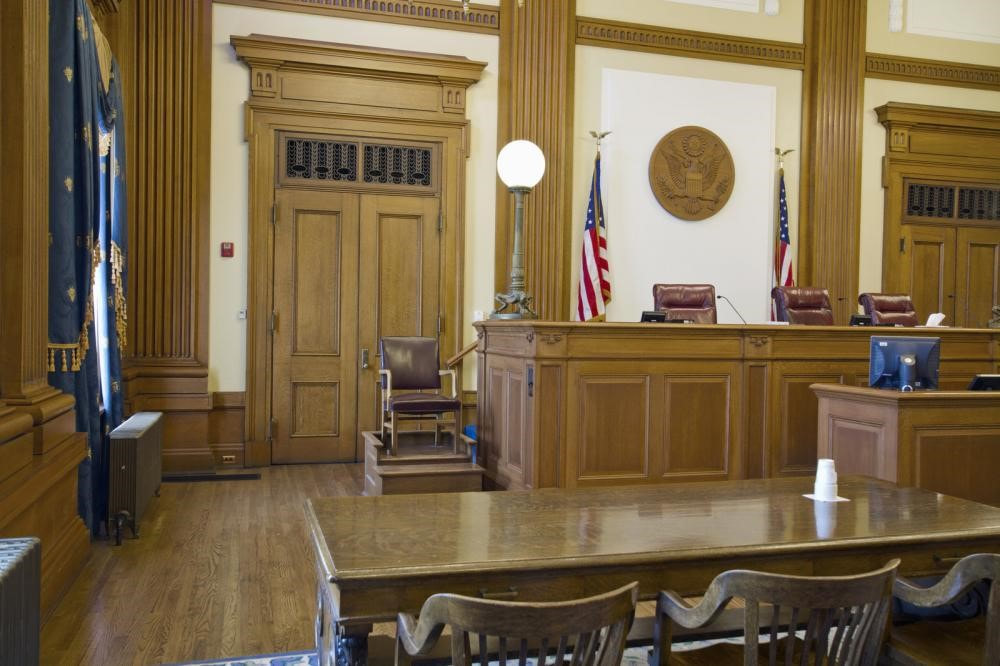
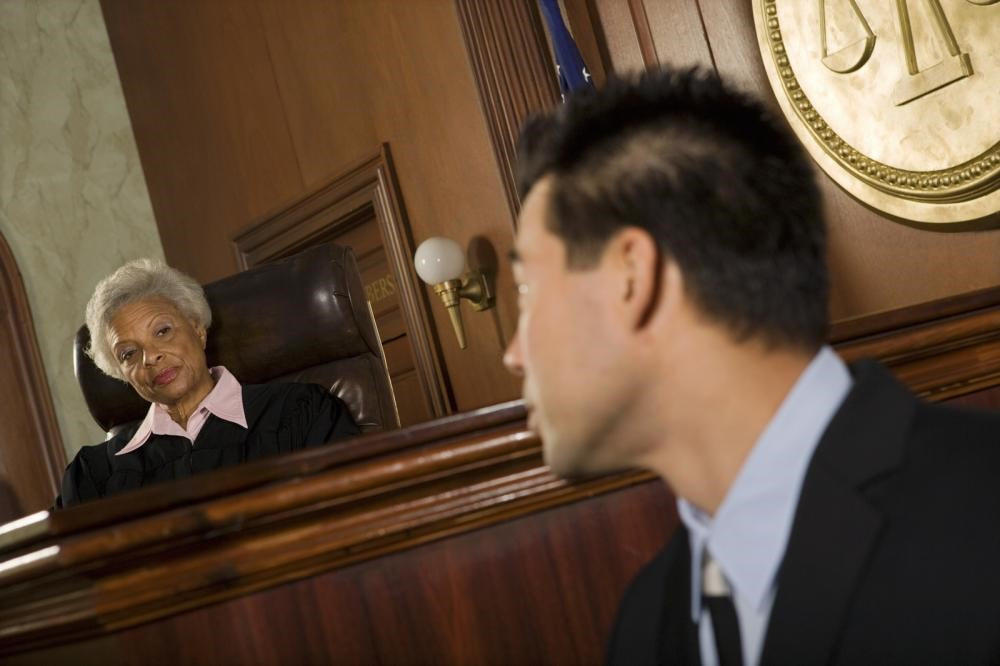

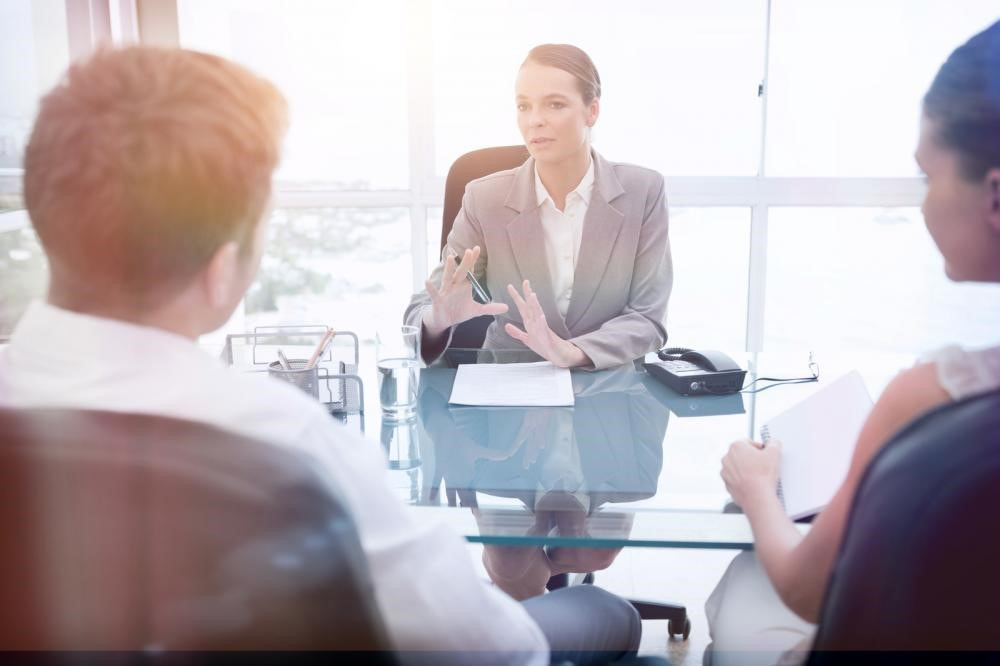

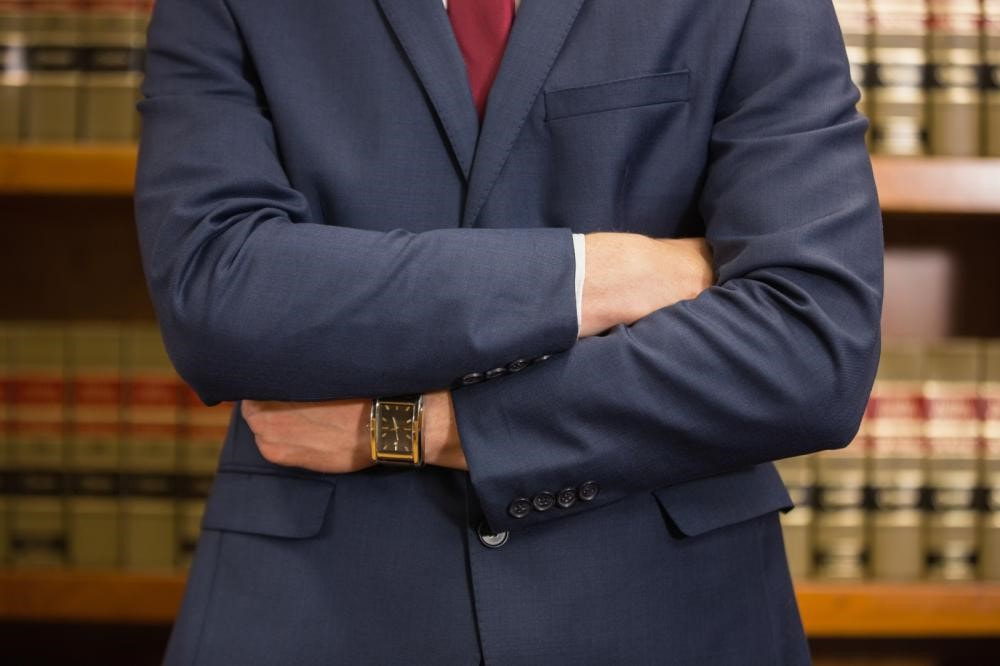
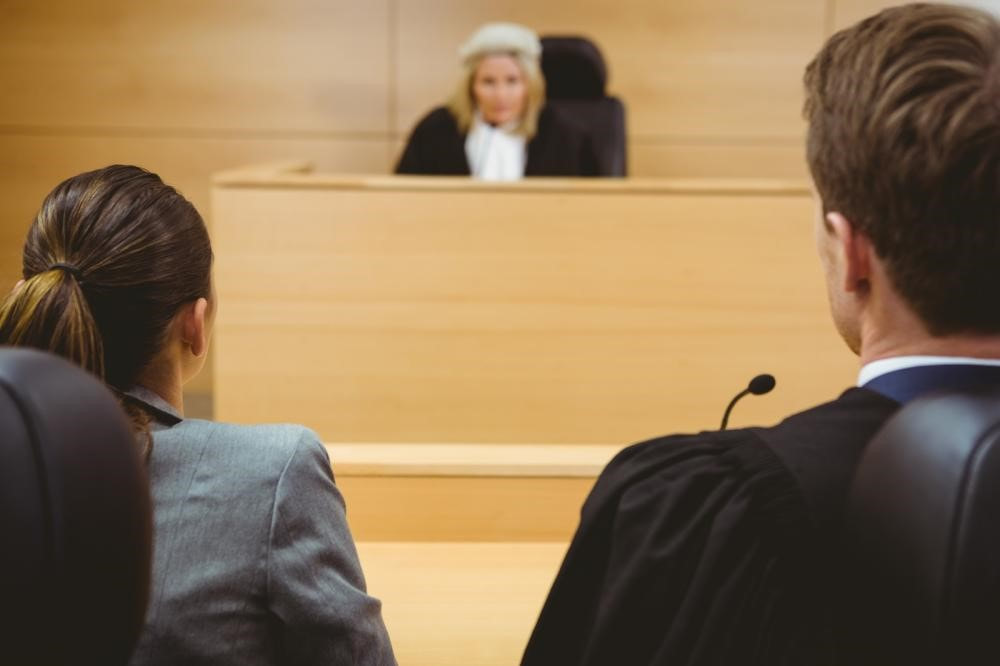
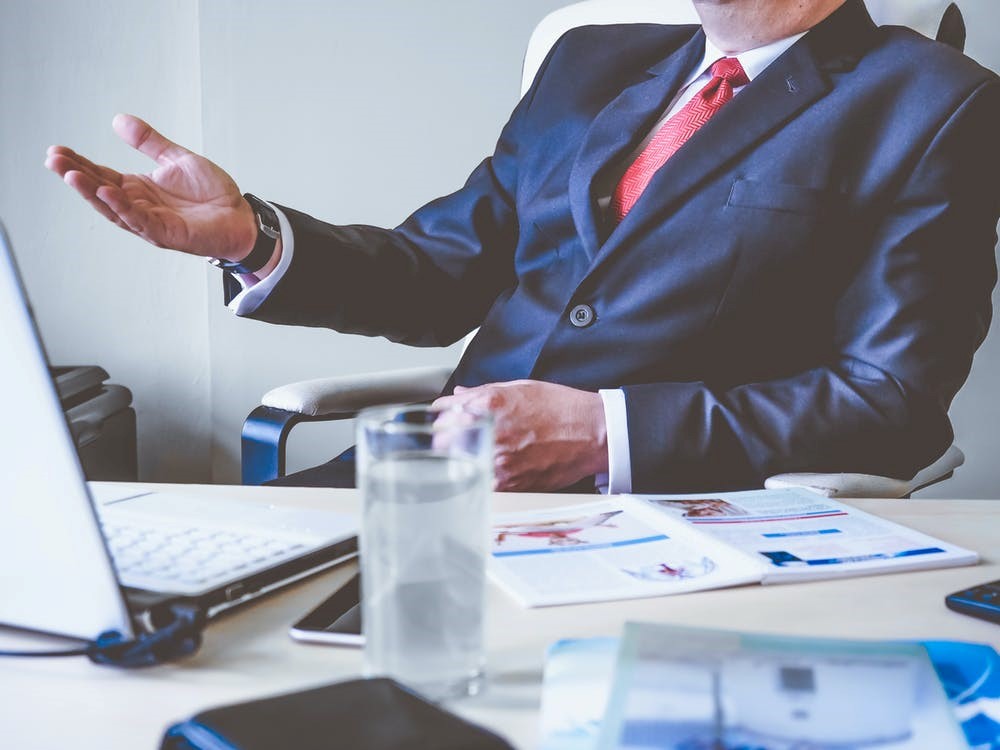
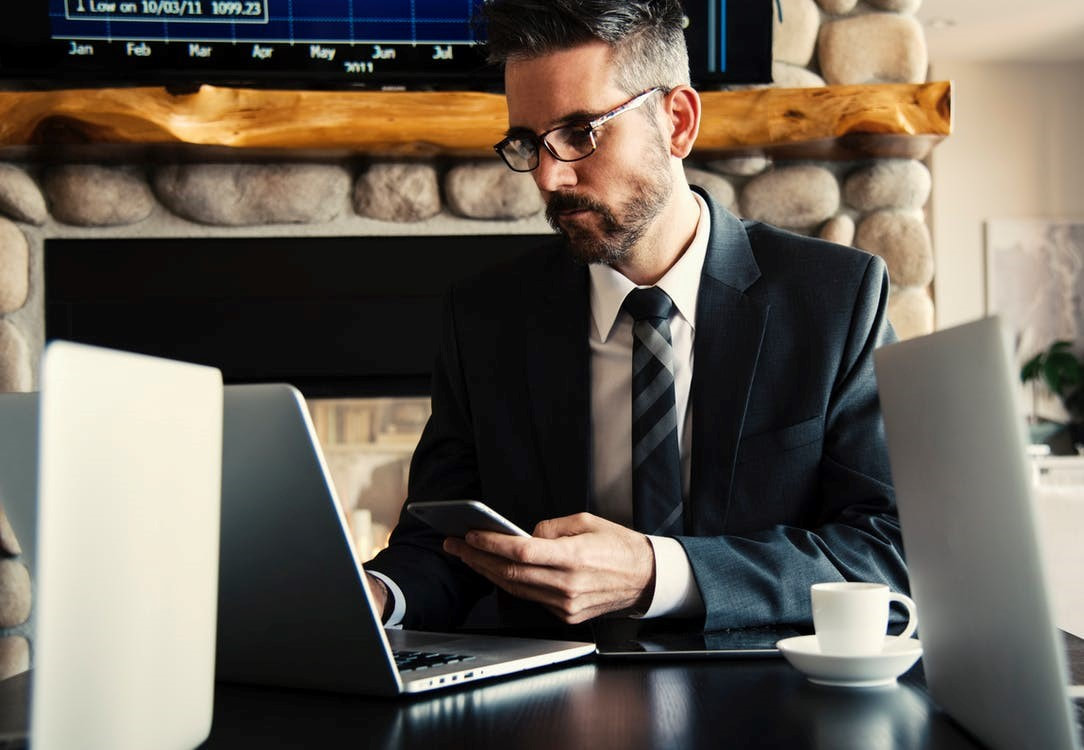
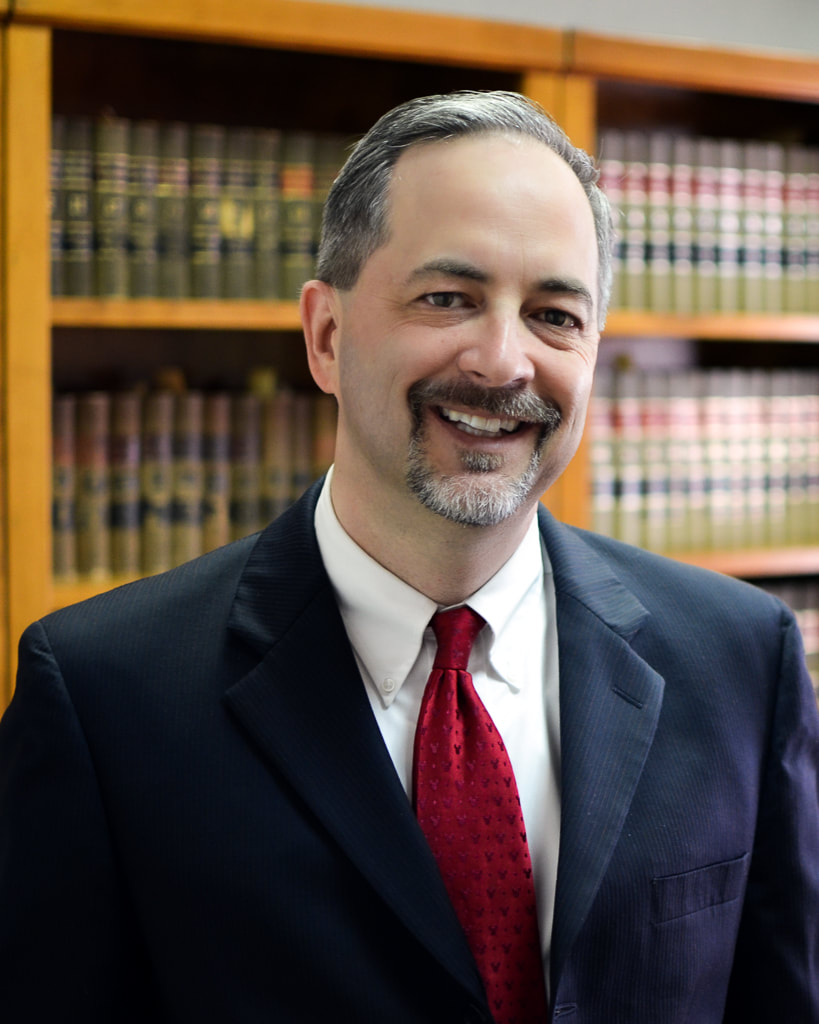

 RSS Feed
RSS Feed
